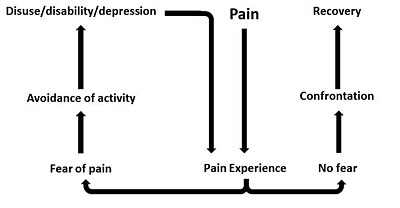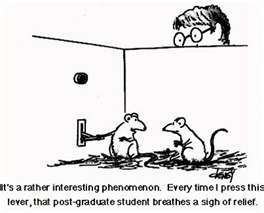Woolie
Senior Member
- Messages
- 3,263
@Bob, not sure if you saw this, but this metanalysis, posted by @chipmunk1 on another thread, also addresses the issue of objective vs. subjective outcome measures:
Cognitive behavioural therapy for major psychiatric disorder: does it really work? A meta-analytical review of well-controlled trials
http://www.academia.edu/307214/Cogn...a-analytical_review_of_well-controlled_tria
This is a metanalysis of studies of the the effectiveness of CBT on major psychiatric disorders (schizophrenia, major depression, bipolar). But uniquely:
The point isn't whether or not CBT is effective for this that or the other, The point is that it illustrates the dangers of not applying the usual medical study quality standards to assessments of psychological interventions.
Cognitive behavioural therapy for major psychiatric disorder: does it really work? A meta-analytical review of well-controlled trials
http://www.academia.edu/307214/Cogn...a-analytical_review_of_well-controlled_tria
This is a metanalysis of studies of the the effectiveness of CBT on major psychiatric disorders (schizophrenia, major depression, bipolar). But uniquely:
* They selected only studies with objective measures (for example, ratings of symptoms made by someone other than the patient, noting whether or not the rater was blind to the intervention).
* They selected only studies with some sort of control condition, that at least had the appearance of a treatment, but wouldn't be expected to be as effective as the CBT (befriending, relaxation sessions, etc.)
Guess what, virtually no effects of CBT! A small effect for major depression, but only when the control condition was a placebo pill (not when it was something involving regular human contact).* They selected only studies with some sort of control condition, that at least had the appearance of a treatment, but wouldn't be expected to be as effective as the CBT (befriending, relaxation sessions, etc.)
The point isn't whether or not CBT is effective for this that or the other, The point is that it illustrates the dangers of not applying the usual medical study quality standards to assessments of psychological interventions.


